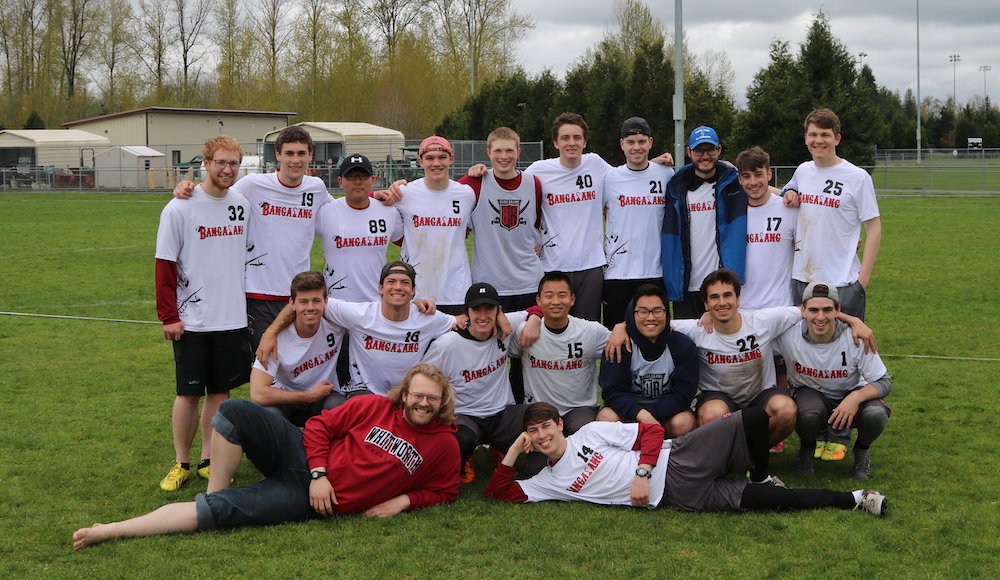Fort McHenry, September 1814. Baltimore’s last hope for salvation from the invading British endured an entire night of naval bombardment. As a terrible storm raged it was only in flashes of rockets and mortars that the breathless American, currently detained by the British, could see the flag atop the wall, and guess whether his country would exist in the morning. With dawn that “Star-Spangled Banner,” as that captive poet described it, still stubbornly tossed in the sea breeze demonstrating America’s indomitable spirit, bravery and the idea that all men should be free.
Two hundred years later though, not everyone views the flag that way. This is normal, and our First Amendment ensures that we can dissent without fear. Nevertheless, kneeling for the national anthem is still disrespectful, misconceived and prideful. Obviously, any football player has a right to kneel, just as any president has a right to take to twitter and make a fool of himself. But let us also remember the axiom: just because you can, doesn’t mean you should. The First Amendment does not render your free speech any less unprofessional or inappropriate.
To be fair, players say they are not protesting the flag or the anthem, but their actions seem to do just that. By definition, showing disrespect for something demonstrates I don’t respect it. And if I direct that disrespect towards the symbol of a country, then it logically follows that I don’t respect that country. And if my excuse for shunning the flag is to protest racial inequality, then that implies that I believe that flag represents such inequality. If it didn’t, I’d have no reason to protest it as there would be no correlation. Colin Kaepernick admitted this last year, telling the media, “I am not going to stand up to show my pride in a flag for a country that oppresses black people and people of color.” But this absence of pride is misplaced, and for the millions of Americans who do not see their country as the embodiment of oppression and racism, that is highly disturbing. Our flag was always intended to represent an ideal of freedom and equality. Has America always lived up to its ideal? No. Have you? Have I? Let’s not answer those last two questions. If we all wish to strive for this ideal, how is this helping?
Furthermore, even if players don’t choose to respect the flag, they should still respect those for whom the flag is meaningful. Such disregard for an image of America so dear to football fans, whom players should hold in the highest regard, can hardly be seen as anything but a spurn. This brings us to the conceit of the players’ protest. Let’s ignore Forbes’s report that the average NFL player earns 99.9% more than all his fellows, with the highest paid player making 15 times that. Naturally, free speech does not depend on income, but could players be forgetting the roots of their success? Americans of all creeds have decided that football is worth something; in a very real sense, the fans have hired them. All artists know they are nothing without their fans. Has the NFL forgotten this? Is this demonstrative of how players regard their supporters?
NFL stars have a visibility few others in America have; using it to promote issues important to them is only expected. But one wonders whether the controversy they’ve caused hasn’t eclipsed their message, or if that message would be better received if they strove to be the change they envisioned. Certainly, let’s sit together and discuss oppression and discrimination. But when it comes to the national anthem and the flag let’s stand. For, to paraphrase Benjamin Franklin, if we do not all stand together, we will most assuredly kneel separately.
Contact Chris at creichert20@my.whitworth.edu








 Spokane?
Spokane?